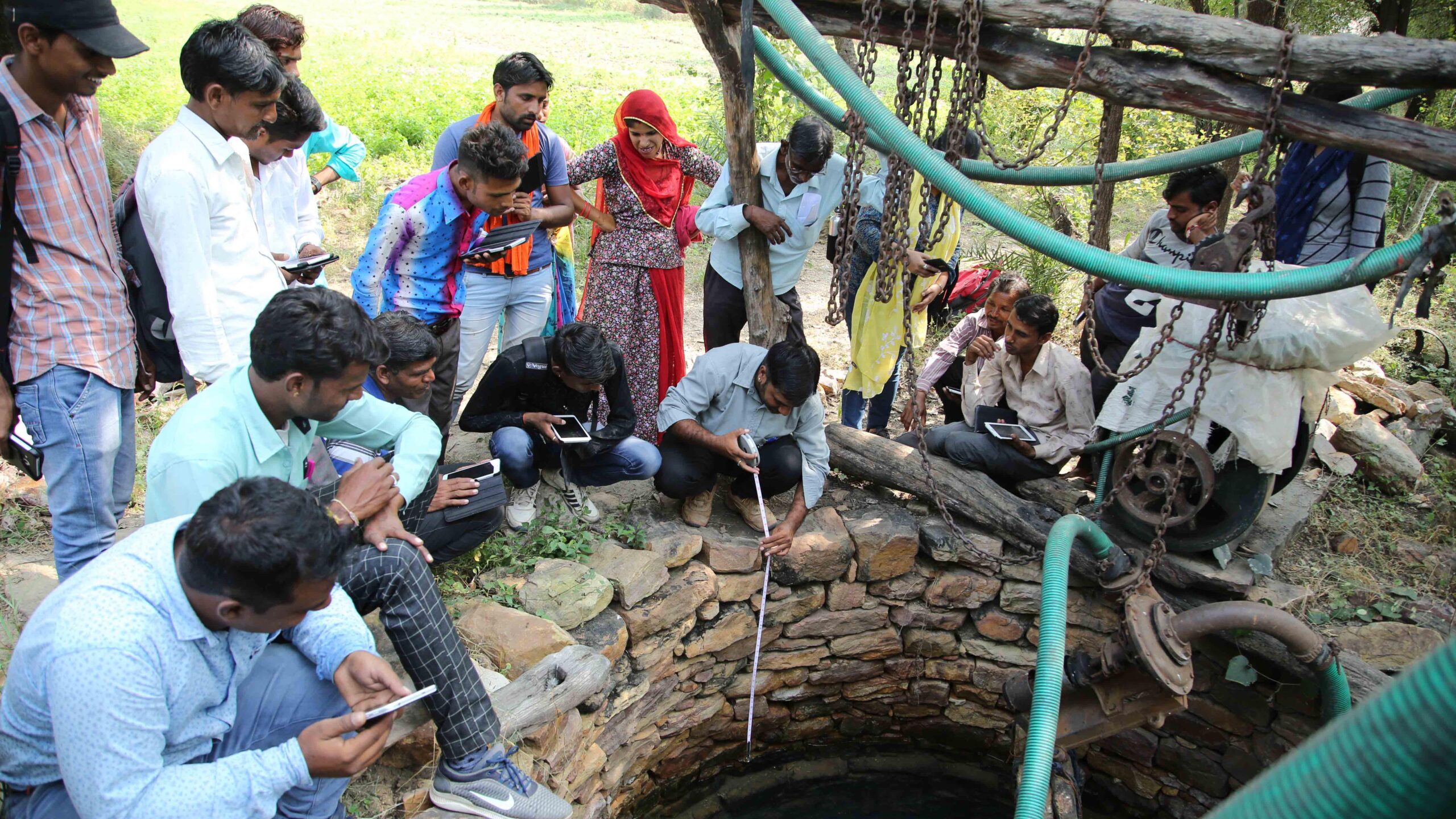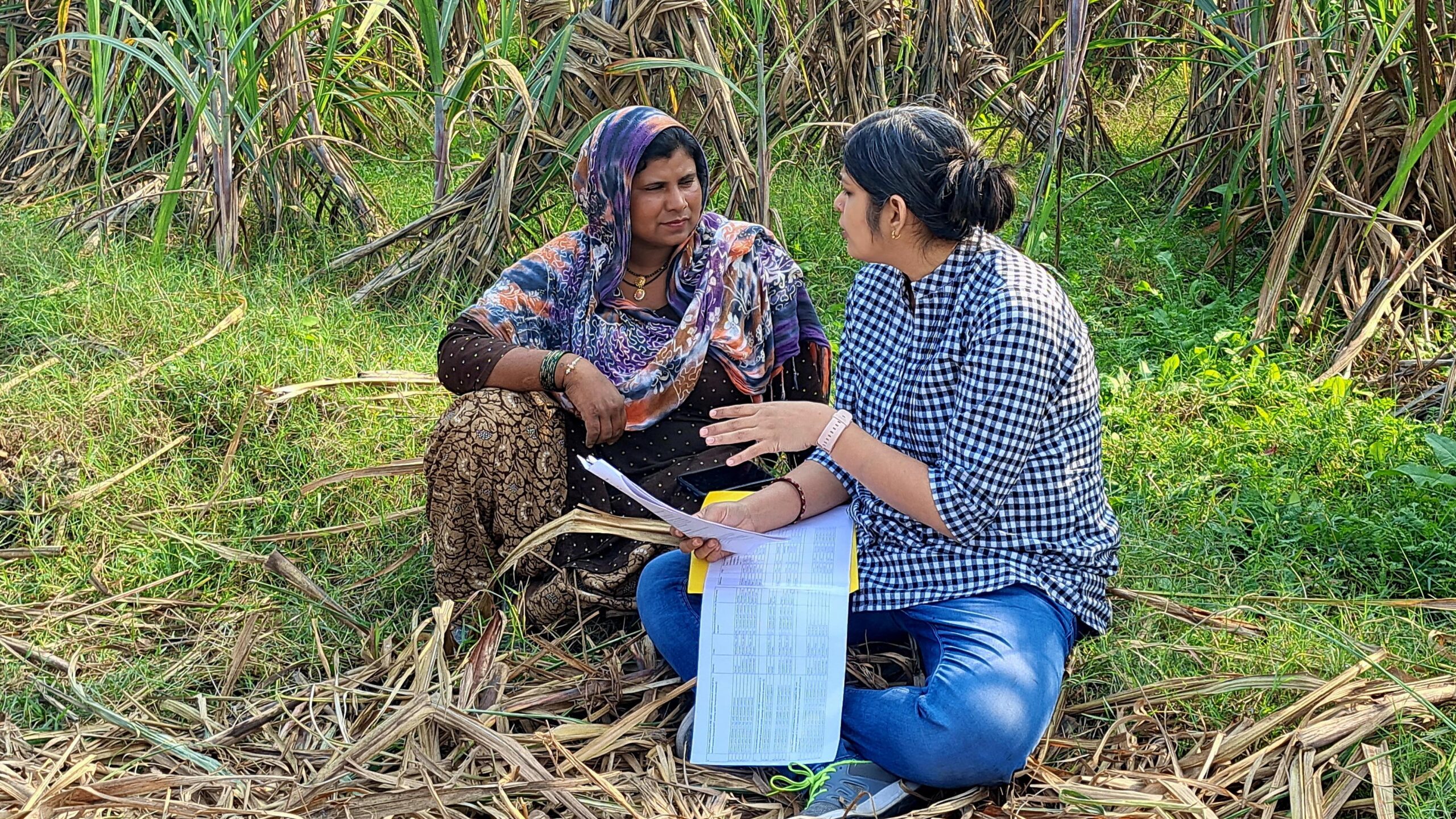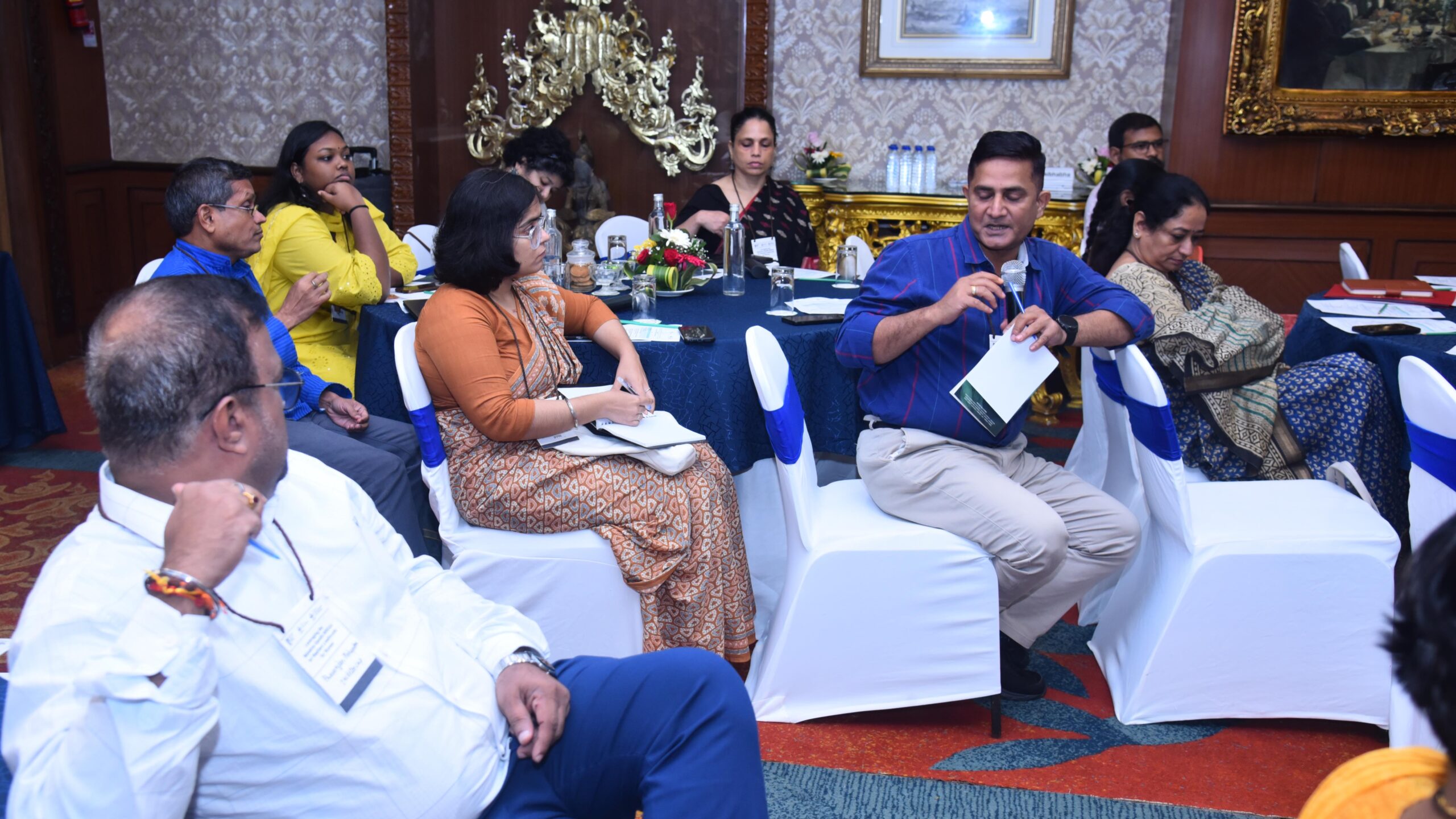The world’s population is growing and its climate is changing—at the same time, its land and water resources are running out. Two recent events at the United Nations Conference on Sustainable Development (Rio+20) put a spotlight on how agriculture can keep up with these challenges.
During an official, IFPRI-led side event on sustainable agriculture and innovation, experts from the U.S., Brazil, South Africa, and Mexico revealed what role agricultural technologies—from drought tolerance to water harvesting—can play in increasing crop yields while also reducing agriculture’s environmental footprint.
During the side event, IFPRI Senior Researcher Claudia Ringler discussed initial results from an ongoing IFPRI study that assesses the potential impacts of nine specific agricultural technologies and practices on crop yields, food security, and the environment globally—with an emphasis on developing countries. Unlike previous studies, this project models the impact of agricultural technologies at an unprecedented level of geographical disaggregation, or detail (a level of 10km by 10km). For the study, these modeling results were fed into a mathematical model of food supply and demand and food security to assess the overall impacts of the technologies on human well-being.
Preliminary results that Ringler presented at the side event indicate that one technology, Integrated Soil Fertility Management, which includes the combination of organic and inorganic fertilizers, zero tillage, and enhanced residue management, has large positive yield impacts for maize. Another technology, drip irrigation, reduces crop water use by an average of 29 percent, freeing up these resources for domestic, industrial, and environmental use. Ringler said that all nine of the technologies assessed in the study can increase the affordability of food in developing countries by reducing projected price increases for key staple grains.
She concluded that national governments should invest in these agricultural technologies because they are “a game changer in terms of yield improvements and national and global food security.” Before these technologies can be successfully adopted, she added, the obstacles created by “institutions, governance systems, political will, and poor rural infrastructure” must be addressed. View her presentation here.
Building on Ringler’s observations, Lindiwe Majele Sibanda of the Food, Agriculture and Natural Resource Policy Analysis Network (FANRPAN) and Elisio Contini of the Brazilian Agricultural Research Corporation (Embrapa) discussed the need to tailor these technologies to the specific needs of farmers in Sub-Saharan Africa and Brazil, respectively. Adrian Fernández of the Commission on Sustainable Agriculture and Climate Change discussed specific policies that governments could adopt to ensure that these technologies also deliver on important climate change adaptation and mitigation objectives.
Ringler, as well as Sibanda, Contini, and Fernández, also brought their insights on how to boost farmers’ productivity to a major gathering of agriculture and rural development experts convened during Rio+20. In a Huffington Post op-ed, Bruce Campbell, the Director of the CGIAR Research Progamme on Climate Change, Agriculture and Food Security (CCAFS), said that a total of nearly one thousand people turned out—in person and digitally—for the fourth Agriculture and Rural Development Day. Read his summary of the event here.
More Information:
- Farming First and others live tweeted the IFPRI side event. Read their coverage.
- Read a summary of the IFPRI side event by the CGIAR Research Program on Climate Change, Agriculture and Food Security (CCAFS).
- View Claudia Ringler’s Agriculture & Rural Development Day presentation.







